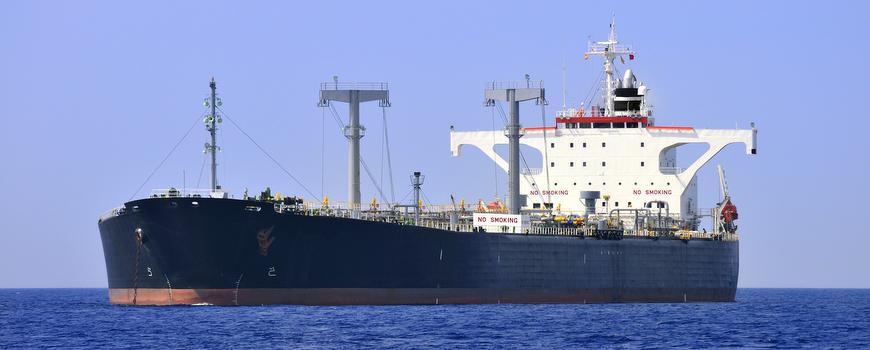
Of the 28 OECD countries whose energy systems are scrutinised by the International Energy Agency only three, Luxembourg, Greece and Portugal have a higher dependency on oil than Ireland. Currently, oil accounts for ~60% of final energy demand in Ireland and this is not expected to change significantly out to 2030. With no indigenous sources of oil and only one, relatively simple refinery, over two thirds of Ireland’s refined product is imported as well as all of its crude oil requirements. The sector with the heaviest dependence on oil is transport.
In such circumstances, the security of Ireland’s access to oil supplies is critical to its economic stability and Byrne Ó Cléirigh has been called upon on several occasions to examine various aspects of the oil supply system, to assess the risks and to assist the relevant Departments of State in developing the appropriate policy responses. On one such occasion, a consortium of Purvin & Gertz and Byrne Ó Cléirigh was appointed to conduct a review of the security of Ireland’s access to commercial oil supplies by the Department of Communications, Energy & Natural Resources (DCENR). The scope of this project was broken down into four principal tasks:
- Assessment over the medium-to-long term of Ireland’s security of access to commercial oil supplies, including appropriate risk analysis.
- Assessment of the scope for commercial oil storage capacity in the context of the logistics of supplying the Irish market into the future.
- Development of recommendations for options to improve security of supply, preparation of preliminary summary of indicative costs and quantification of high-level security of supply benefits of the options.
- Evaluation of potential market distortions or disincentives to private sector investment in strategic energy infrastructure arising from any State intervention or incentives that were recommended.
The review required the consortium to model scenarios of future oil demand for the island of Ireland, taking account of economic activity, the effect of policies to improve energy efficiency and the penetration of renewable fuels. We conducted a risk analysis of all the links in Ireland’s oil supply chain was carried out and assessed the contingency planning for oil supply disruptions. A cost-benefit analysis model for assessing proposals to increase the level of strategic oil stocks held in Ireland was developed. We examined the feasibility of oil supply pipelines within Ireland, between Ireland and Great Britain and from the European mainland.
We made several recommendations for Government to increase the available capacity to hold strategic oil stocks and to enhance the robustness of Ireland’s oil supply infrastructure. The report, entitled Review of the Security of Ireland's Access to Commercial Oil Supplies - Final Report, contains analyses of: the future demand for oil out to 2025; where Ireland’s oil supplies – both crude and product – will be sourced; the significance of the Whitegate Refinery; and the adequacy and reliability of Ireland’s infrastructure for importing, storing and distributing petroleum products. It also analyses the National Oil Reserves Agency's need for additional strategic storage capacity, the cost of such capacity, and where it should be located.
Byrne Ó Cléirigh and Purvin & Gertz subsequently undertook a review for Government of the strategic case for oil refining on the island of Ireland.
